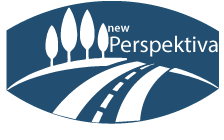Home Blog
New Perspektiva’s Let’s Talk About… Space: north Mitrovica
Reopening the Bridge? The preparations for this winter and possible re-flooding? These subjects and more were discussed last month at New Perspektiva's Let's Talk...
New Perspektiva Podcasts!
Coming Soon... Listen to new podcasts featuring our Let's Talk About...discussion panels and more!
New Perspektiva is back with a series of new podcasts featuring...
New Perspektiva and 18 other CSOs in sign open letter on...
Along with the Peaceful Change Initiative and 18 other Civil Society Organisations in Kosovo and Serbia, New Perspektiva reiterates its commitment to a peaceful...










